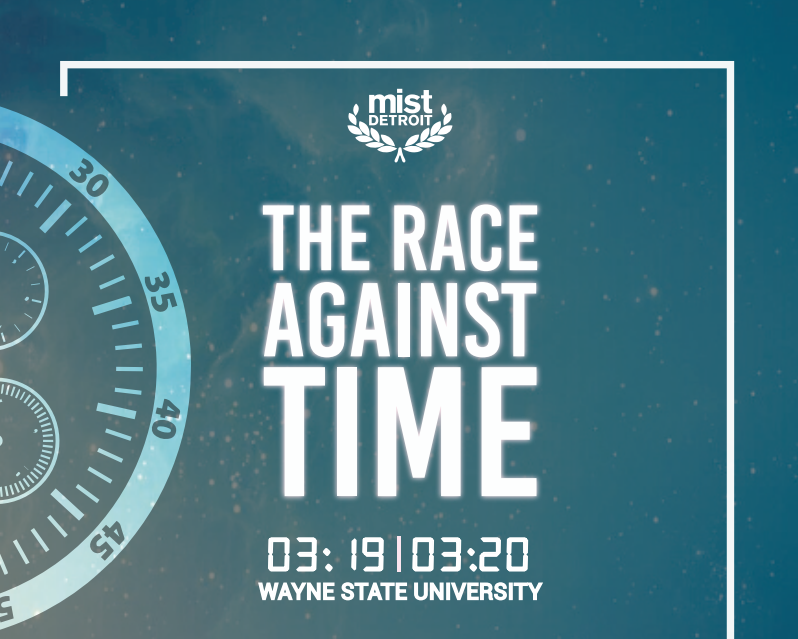Iran After the Elections
By Geoffrey Cook, Muslim Media News Service (MMNS)
September 22nd–Your “literary composer†would like to keep his eyes on Iran because the United States and the Persian Islamic Republic are at such a crucial point in our relations with the raise of the Obama Regime – especially with the Nuclear inspections coming up on the 25th of this month.
On the date above at the University of California at Berkeley, there was a Panel on the recent controversial voting in Iran that consisted of a (Ms.) Minoo Moallem, Ali Eshraghi and Sima Shakhsari. Unlike last week, this cluster of colleagues endeavored to explain the vehemence to the secret ballot of this year.
Mino Moallem, a junior professor here working on gender, emphasized that the 2005 elections (the last elective selection before the latest contestation) did not have the popular enthusiasm of those of this year. The last (this year’s) vote became an international focus because of the sizeable number of citizens who did cast a ballot.
Bloggers riled the upper middle class (that posits the opposition in question: Was it more of a class “warfare situationâ€)? Even Dr. Moallem put the motivations of the protesters in doubt when she saidâ€Look at the class [heavily, the upper urban Haute bourgeoisie] of people taking part!â€
There were severe problems in the media coverage, for the foreign outlets were asked to leave. Therefore people were gathering their information from YouTube and other Internet social networking sites. Often the information was inaccurate, but it was “…fresh [enough] for immediate activism.†This was Cyber vigor battling on the urban streets in a nation were only 10% of the inhabitants have a computer access! (This puts a great reservation on the young metropolitan demonstrators’ motivation.)
Professor Minoo Moalem asks quite a poignant question, what is the role of the Iranian Diaspora (whose parents had mainly supported the former disposed Shah)? At the same time, Moallem – as a teacher of Gender and Women’s Studies – is well aware that President Admadinejad has begun to appoint women to his Cabinet in Tehran.
Sima Shakhsari is a senior doctoral candidate in anthropology at Stanford University in Palo Alto. She declares that Iran is not a fundamentalist society (in fact it is a modern Islamic country within its civic spaces); and; thus, the reformist movements are board. Still, there is a digital divide as discussed above. Women have been blogging ever since the fight for an Islamic State in 1978 although women have been ignored within the contexts of the elections. Curiously, the digital divide makes it hard to organize woman into a cogent force. Especially, when c the Reformist Movements are mainly found within the city spaces; and, therefore, can only be applied to advance sectors of the municipalities.
The State formulates the campaigns as spectacle! There is a form of transnationalism (an exercise that is partially meant for external consumption), too, in each domestic contest. She says that there are gender problems within the contestations. Yet, as mentioned above, women are making progress within the government itself. The Diaspora still desire to come back and take power! Consequently, the West and Tehran should begin (immediate) dialogue!
The strongest testimony came from Ali Eshragi, a Fellow at Berkeley, and was the former Editor-in-Chief of the Reformist Iranian newspaper, Shargh, which was closed down by the government, and he personally found himself in solitary confinement for some time.
He began by pronouncing that the situation in Iran was “…like playing chess with a gorilla.†People’s anger is, also, projected against the Reformist leaders. Ahmadinejad was brought back through the Constitution even though a coalition of ethnic minorities opposed him. Fundamentally, the budding democracy has been put down. The government is opposing their own populace! For a democratic system to survive, more massive support throughout the country is required! In reality, the leadership has to open the doors to popular progress!
Your journalist asked Eshragi about the urban /rural divide. Ahmadinejad’s support is largely in the countryside, and could have skewed the election in the Iranian President’s favor. Our Persian editor discounted this, though.
To avoid this controversy again, your author would suggest international observers in the future. This is working in Iran’s neighbor Afghanistan where questions over the irregular results with the electorate may lead to a second round. Where the compilation is free and fair that can be attested, too.
11-42












2009
958 views
views
0
comments